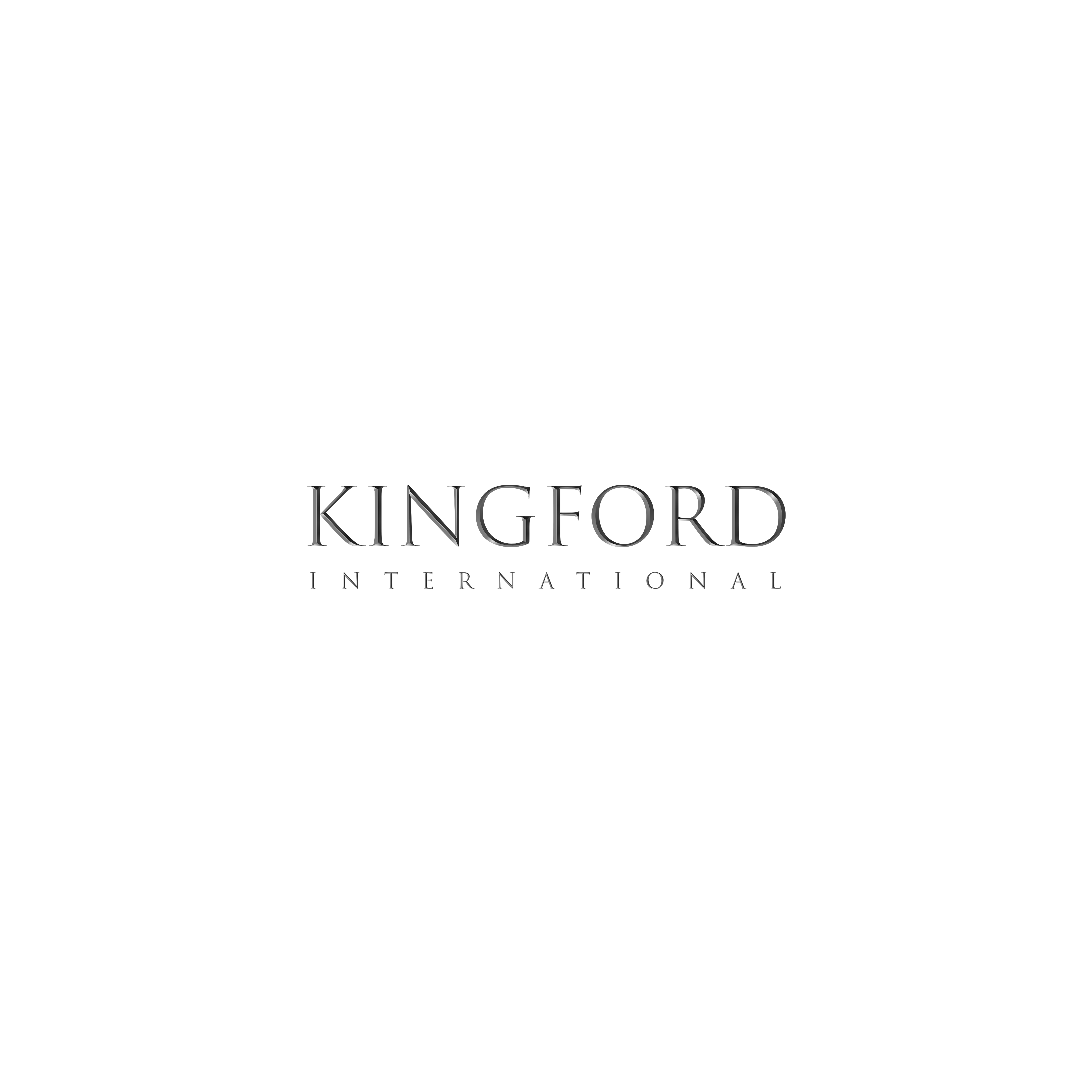Legal and Tax Essentials for Nigerian Investors in UK Property
Understanding the legal and tax landscape is crucial for Nigerian investors. Key considerations include:
- Stamp Duty Land Tax (SDLT): When purchasing property in England or Northern Ireland, SDLT is a key cost to factor in. Rates start at 0% for properties under £250,000 but climb to 12% for properties exceeding £1.5 million. For buy-to-let investments, an extra 5% surcharge applies, which makes it essential to plan your budget carefully.
- Income Tax on Rental Income: Any income earned from renting out properties is subject to UK income tax. The rate depends on your total income: 20% for basic earners, 40% for higher earners, and 45% for the top bracket. Fortunately, allowable expenses like maintenance, letting agent fees, and mortgage interest can help reduce your taxable income.
- Capital Gains Tax (CGT): When selling a property not used as your main residence, CGT applies. For 2024/25, higher-rate taxpayers pay 20% on gains, while basic-rate taxpayers pay 10%. Individuals can also claim an annual exemption of £6,000.
- Inheritance Tax (IHT): If your estate, including UK properties, exceeds £325,000, a 40% tax applies on the amount over this threshold. Smart estate planning can help reduce or even eliminate this tax burden for your heirs.
- Annual Tax on Enveloped Dwellings (ATED): ATED applies to residential properties owned by companies valued at over £500,000. For 2024/25, rates range from £4,150 for properties valued between £500,001 and £1 million to £86,100 for properties over £10 million. Companies must file annual ATED returns to avoid penalties.
Navigating these tax rules may seem complex, but understanding them ensures Nigerian investors can optimize their UK property investments while staying compliant.
Financing Options for Nigerian Investors
Securing financing is pivotal for successful property investment. Options include:
- Foreign National Mortgages: For Nigerian investors, foreign national mortgages are a common choice. These loans are tailored for non-UK residents and often require a deposit of around 40% of the property’s value. Nigerian banks like GTBank UK and Zenith Bank UK offer mortgage services that cater specifically to Nigerian buyers, helping navigate the unique challenges of international property investment.
- Buy-to-Let Mortgages: Specifically designed for rental properties, buy-to-let mortgages require that your rental income covers at least 125% of the mortgage payments. This ensures that the investment remains financially sustainable, even during market fluctuations.
- Alternative Financing: If traditional mortgages aren’t a fit, explore options like real estate crowdfunding, which allows multiple investors to fund a property. Joint ventures with developers, seller financing arrangements, and private equity investments also provide creative paths to ownership.
- Currency Exchange Services: Currency conversion is another essential factor when investing in the UK property market. As of December 2024, the exchange rate stands at approximately ₦1,946.99 to £1, meaning Nigerian investors must account for conversion fees and currency fluctuations.
Services like OFX or Wise offer competitive rates, helping investors avoid the pitfalls of currency volatility.
By evaluating these diverse financing options, Nigerian investors can find tailored solutions to achieve their property investment goals while managing costs and risks effectively.
Navigating the Property Acquisition Process
Understanding the acquisition process is vital for a smooth transaction. Key steps include:
- Reservation: The first step in purchasing a property is paying a reservation fee, typically between £1,000 and £5,000. This payment temporarily removes the property from the market and secures it for the buyer while a reservation contract is drawn up.
- Engage a Solicitor: Hire a qualified solicitor to perform legal checks and verify compliance with Anti-Money Laundering (AML) requirements. This ensures all legal aspects of the property purchase are handled correctly and protects you from potential issues.
- Exchange of Contracts: At this stage, both buyer and seller sign legally binding contracts. The buyer pays a deposit, usually 10% of the property price, to confirm the agreement. This step solidifies the transaction, making it official and difficult to reverse.
- Completion: Completion is the final step where ownership is officially transferred to you. This involves your solicitor ensuring the final payment, including the property price and any fees like Stamp Duty Land Tax, is sent to the seller.
Once the funds are received, you’ll receive the keys, and your solicitor will register your name with HM Land Registry as the legal owner. This registration updates the title deed, providing proof of ownership. With the purchase complete, you’re ready to manage or start earning from your new property.
Proper documentation, including proof of identity, address, and source of funds, is essential to meet legal requirements.
Effective Property Management
Managing your rental property effectively is essential for protecting your investment and ensuring consistent returns. Here are strategies to achieve long-term success:
- Engaging Professional Services: Partnering with experienced property management professionals simplifies many aspects of being a landlord. Tenant screening services help you find reliable renters, reducing the risk of late payments or property damage. Regular maintenance services keep your property in excellent condition, preventing costly repairs down the line. Adhering to fire safety regulations and other legal requirements protects your tenants and shields you from potential legal challenges.
- Understanding Landlord Obligations: Being a responsible landlord means staying informed about your legal duties. This includes providing clear tenancy agreements that outline the terms of the lease, ensuring the property meets all safety standards, and protecting tenants’ deposits in government-approved schemes. Fulfilling these obligations not only keeps you compliant with the law but also builds trust with your tenants.
- Building Strong Tenant Relationships: Open communication is key to maintaining a good relationship with your tenants. Respond to concerns promptly and professionally to show you value their tenancy. Regular check-ins and addressing maintenance requests quickly can encourage tenants to stay longer, reducing vacancy rates and turnover costs.
A proactive approach to property management not only ensures your property remains a valuable asset but also helps you maintain a positive reputation as a landlord, setting the foundation for long-term success.
Strategies for Maximizing Rental Income
Maximize rental income through these strategies:
- Competitive Pricing: To attract tenants and maximize income, research local market rates thoroughly. Setting your rent competitively ensures your property appeals to renters while avoiding prolonged vacancies. Regularly review and adjust the rent based on demand and neighborhood trends.
- Enhancing Property Appeal: Well-maintained and thoughtfully furnished properties command higher rents. Adding amenities like high-speed internet, modern appliances, or dedicated parking can make your property stand out, attracting tenants willing to pay a premium.
- Tenant Retention: Building strong relationships with tenants is key. Respond promptly to maintenance requests, communicate openly, and consider offering flexible lease terms. Happy tenants are more likely to renew, reducing turnover costs and maintaining steady income.
By implementing these strategies—setting competitive rental prices, attracting quality tenants, and understanding tenancy agreements—landlords can effectively maximize their rental income while ensuring compliance with current regulations in the UK property market.
Scaling Your Rental Portfolio
Expanding your portfolio involves strategic planning:
- Equity Release: About 40% of landlords are leveraging equity from their existing properties to finance new acquisitions. This approach allows investors to utilize their current investments without needing additional capital upfront.
- High-Yield Investments: Many landlords are targeting high-yield properties, such as Houses in Multiple Occupation (HMOs). Approximately 21% of portfolio landlords plan to purchase HMOs or convert properties into HMOs, generating more income per unit and reducing vacancy risks.
- Geographic Diversification: Investors are looking beyond traditional markets like London to smaller towns and suburban areas like Manchester, Luton, etc. where rental yields are higher and tenant demand remains stable. This shift is driven by ongoing supply-demand imbalances in the rental market.
- Refinancing Options: Refinancing is crucial for scaling a rental portfolio. Many landlords are optimistic about the buy-to-let market and are looking to remortgage existing properties to release equity for further investments. This strategy can help diversify portfolios and increase rental income while securing long-term financial goals.
- Exit Strategies: Effective exit strategies are key to achieving your long-term investment goals. Regularly reviewing your portfolio can help identify underperforming properties, enabling timely sales to reinvest in higher-yield opportunities.
Additionally, understanding tax-efficient approaches, such as reinvestment strategies similar to the 1031 Exchange used in the US, can help minimize immediate tax liabilities, maximizing the value of your returns.
Scaling a rental portfolio in 2025 requires strategic planning and an understanding of market dynamics. By leveraging equity, targeting high-yield properties, and employing effective refinancing options, Nigerian investors can successfully expand their property holdings while maximizing returns. Staying informed about trends and opportunities in the UK rental market is crucial for sustained growth.
Success Stories and Lessons for Nigerian Investors in the UK Property Market
Nigerian investors are increasingly drawn to the UK property market for its stability and potential for strong returns. A report from Compare Yields shows that some have achieved returns of 35-40% within three to five years, far outpacing other investment options.
Frank, a Nigerian investor, built a thriving UK property portfolio by targeting high-demand areas, diversifying his assets, and securing stable rental income—proving that strategic planning leads to significant financial growth.
Avoiding Common Pitfalls
Despite its appeal, the UK property market comes with challenges:
- Local Knowledge: Partner with experts like Kingford International to understand market trends and avoid missteps.
- Regulatory Hurdles: Stay informed on property laws, tax rules, and tenant rights to prevent legal issues.
- Currency Risks: Use hedging and exchange services to mitigate Naira-to-Pound fluctuations.
- Property Management: Engage professionals or establish a robust management plan to maintain income and compliance.
By addressing these challenges and learning from success stories, Nigerian investors can capitalize on the UK’s property market for lasting growth.
Conclusion
The UK property market provides Nigerian investors with a rare chance to secure consistent returns, diversify their wealth globally, and build a robust financial portfolio. With its stable economy and transparent regulations, the UK is a reliable investment destination.
Success starts with understanding the market dynamics, exploring tailored financing solutions, and adopting effective property management techniques. Whether you’re eyeing rental properties for steady income or high-yield investments for growth, the key is making informed choices.
Partnering with experienced professionals like Kingford International and staying proactive in your strategy can help you maximize opportunities and achieve lasting success in the UK real estate sector.

